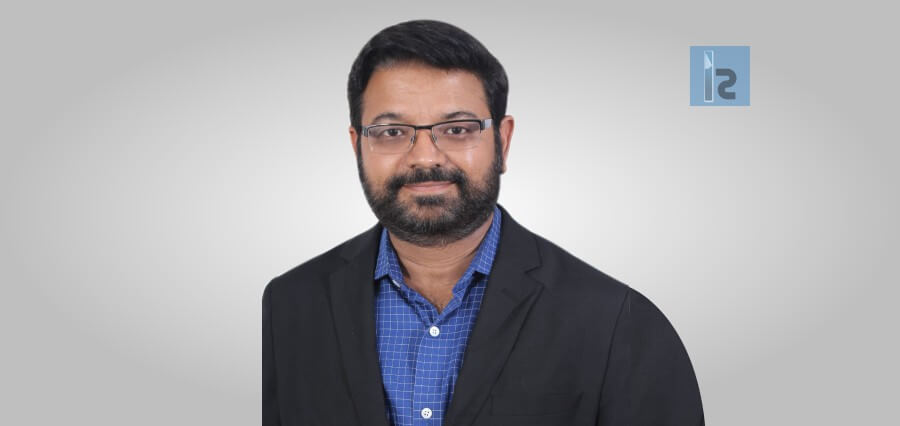In the last decade, there have been a lot of changes in the Indian legal atmosphere with respect to legal framework and the legislative policies. It has been observed that, these changes had a huge impact in the field of Dispute Resolution, Taxation, Insolvency laws, Environmental Protection and Infrastructural Contracts etc. The prominent changes are amendment to Arbitration and Conciliation Act 1996, Commercial Courts Act, Benami Transactions (Prohibition Act) 1998; RERA 2016 Insolvency and Bankruptcy Code 2016 and Goods & Services Tax 2017. In litigation, situation has improved exponentially. One of the leading examples can be the establishment of the National Company Law Tribunal (NCLT) and National Company Law Appellate Tribunal (NCLAT) which helped in speedily dispose off company matters. Especially, those issues which involved huge stakes of creditors and led to reduction in the burden of the High Courts for merger and amalgamation matters.
“The law is in transformation stage and some of the new enactments and amendments are going to be game changer for entire ecosystem of legal fraternity, business & social system.”
The above statement by Advocate Anandaday Misshra, Founder – Amlegals, justifies the current legal scenario prevailing in India. He is a practising lawyer with rich experience of litigation and advisory for almost eighteen years. His consistency in appearing for High Court of Gujarat, Ahmedabad makes him an advocate on record in the state. Leading diverse assignments across various set of laws, his focal areas of practice has been Indirect Taxes – GST, Arbitration, Corporate Laws and IPR. “I always attempt every matter with new strategy and a logical end in my mind and try to make it happen,” adds Anandaday.
Since two decades, he has been advising various domestic and international clients by handling extensive litigation and arbitration matters. Anandaday is an eminent speaker on various laws including GST. He worked in corporate for around five years before starting individual practice in 2005.
Trials Out of the Courthouse
The legal profession is considered as one of the noblest profession. The only difficulty is to perform and deliver results in a consistent manner while maintaining highest standards and ethics during the work in order to get optimum results for esteemed clients. The never ending process of learning and to cope with the changes and paucity of time is a factor which relay matters the most for every lawyer. “I always believe that every case comes with its own set of challenges and difficulties. If one is focused on the task and determined to chalk out the correct strategy, a favourable result is imminent,” tells Anandaday. He had many complicated cases in Indirect Tax, IPR and Arbitration. But an arbitration matter, the most difficult one was a case before a panel of three arbitrators comprising of all retired Supreme Court judges. He succeeded after a long battle, which proved to be very satisfactory.
“My real inspiration and motivation is every case that I get, which brings a new challenge along with it,” says Anandaday. The drive and passion for the work highlights his reason for being a lawyer. “I keep a focused approach towards every case with a mindset to enjoy and I enjoy each and every work as I am passionate for learning,” he concludes.
Legality in Reality
The misconceptions regarding the lawyers in India, has been a colloquial issue from the start. One of the common misconceptions are that cases get delayed due to lawyers immoral practices and they only pay attention to the clients till the fee is received. After that, the clients are just taken for granted. But, it is a sheer misbelief on the clients’ part. A lawyer has many things to deal with. Many times, his plate is full with tasks and issues along with the client’s case being one of them. Every lawyer respects the time and money of people and wants to resolve their grievances as soon as possible. The only thing the lawyer and the client has to establish is every process takes time in the Courts of law and there should be transparency and proper communication between each other whenever required.
Moreover, the current educational system pertaining to the legal studies in India, is more concentrated on classroom studies, projects and assignments. This restricts the students from gaining practical knowledge and hands on experience. “The number of classroom hours should be reduced and students ought to be allotted more time for internship for at least 6 months in their last year as para-legal so as to gain the knowledge of the practical aspects that would benefit them in the long run.,” opines Anandaday. The approach of teachers should be to develop and infuse a legal mindset in law students rather than making them dependent on books. They should come out of law schools as a complete and logical lawyer.
After several years of work experience only, one can realize as to which law is close to their heart. Hence, one should wait for some years before falling prey to affinity for certain laws. Guiding the young ones, Anandaday expresses –“Keep learning and don’t be biased for any law. The learning process is never ending and one should keep their thought process and mindset very simple. Always aim for simplest version for every case in hand.”
Anandaday Misshra: Expert in Rendering Strategic Legal Services


